Plans to tackle drug driving have been published by roads minister Stephen Hammond.
Motorists who get behind the wheel after smoking cannabis will face losing their licence for at least a year under the crackdown.
Ministers have proposed a zero tolerance approach on people who drive after using illegal drugs.
It's estimated that around 9,000 drivers are expected to face prosecution a year under the new drug driving offence due to come into force next year.
Motorists found guilty will face an automatic driving ban of at least a year, as well as possibly jail of up to six months and a fine of up to £5,000.
The new law is also expected to see a small number of people on other controlled drugs, commonly prescribed for medical conditions, being found to be over the legal limit.
In January 2012, the Government announced that it would be introducing a new offence of driving with a specific controlled drug in the body above the specified limit for that drug.
The consultation puts forward proposals on the drugs to be included in the legislation and the limits to be specified.
The proposals follow a report published in March this year by a panel of medical and scientific experts, which provided advice to the Government on drug driving.
The new offence aims to reduce the wasted time, expense and effort involved for the police and the courts when prosecutions fail because of the difficulty of proving that a driver is impaired by a particular drug.
Hammond said: “Drug driving is a menace which devastates families and ruins lives. That is why we are proposing to take a zero tolerance approach with those who drive under the influence of illegal drugs and sending a clear message that this behaviour will not be tolerated.
“We have also put forward our proposals for dealing with drivers who use specific prescribed drugs.
“We know that the vast majority of people who use these drugs are doing so responsibly and safely and that is why our approach does not unduly penalise drivers who have taken properly prescribed medicines.
“Together, these proposals will make our roads safer for everyone by making it easier for the police to tackle those who drive after taking illegal drugs and clarifying the position for those who take medication."
Police will be able to take up to three saliva test for drugs at the roadside to identify any drugs used.
If any of these are positive, then the motorist could be taken to a police station for a blood test.
Under the existing offence of being impaired by drugs while driving, police and prosecutors have to show how a driver’s ability had been affected by what they had taken.
In future, under the new offence of drug driving, they will simply have to show that the individual had taken drugs.
Motorists would be found guilty of drug driving if they had just over two micrograms of cannabis per litre in their blood.
Traffic police numbers across Great Britain have been cut by 12% in five years, with some forces suffering 30-40% reductions, according to data released by road safety charity Brake and webuyanycar.com.
While traffic police in Scotland increased by 4%, numbers were down by 31% in Wales, and 13% in England.
Neverthless, the Government move was welcomed by RAC technical director David Bizley. He said: “We all know that driving under the influence of drugs is extremely dangerous and wrecks lives – but it is also a growing problem, particularly among young motorists.
“Therefore, it is more important than ever to inform and educate, otherwise we are allowing people to drive without regular reminders about the dangers of drug driving and how impaired senses can lead to serious injuries and fatalities.
“Motorists will be happy to see the Government taking a lead on this and ensuring people understand their position – and what happens if they step over the line.”
In taking a zero tolerance approach to these drugs, the Government proposes to set the limits at a level that does not catch someone who has consumed a very small amount of an illegal drug inadvertently.
In considering what approach to propose for each illegal drug and what limit to set, the Government has weighed up a number of factors including the evidence about the use of the drug when driving, wider drugs policy, and the findings and recommendations from the expert panel.
After considering all of the above the Government proposes a zero tolerance approach to the following eight controlled drugs which are known to impair driving:
• Cannabis
• MDMA (Ecstasy)
• Cocaine
• Ketamine
• Benzoylecgonine (primary metabolite of cocaine)
• Methamphetamine
• Lysergic Acid Diethylamide (LSD)
• 6-monoacetylmorphine (6-MAM - heroin and diamorphine)
In addition to the eight illegal drugs listed above, the Government proposes to set limits for eight controlled drugs that have recognised and widespread medical uses but which can also affect a patient’s ability to drive.
The limits proposed follow the recommendations of the expert panel, which in the vast majority of cases, will avoid the new offence catching out drivers who have taken properly prescribed or supplied drugs in accordance with the directions of a healthcare professional or the drug manufacturer. This will avoid inconveniencing the public and taking up police time.
There is one further controlled drug, amphetamine, which has some medical use in specific circumstances but is also often taken illegally and which the Government proposes to include in the regulations. The consultation seeks views on what a suitable limit might be for amphetamine.
While the draft regulations proposed are in relation to England and Wales, the consultation on the approach to the different policy options has been extended to Scotland.
The consultation closes on 17 September 2013.

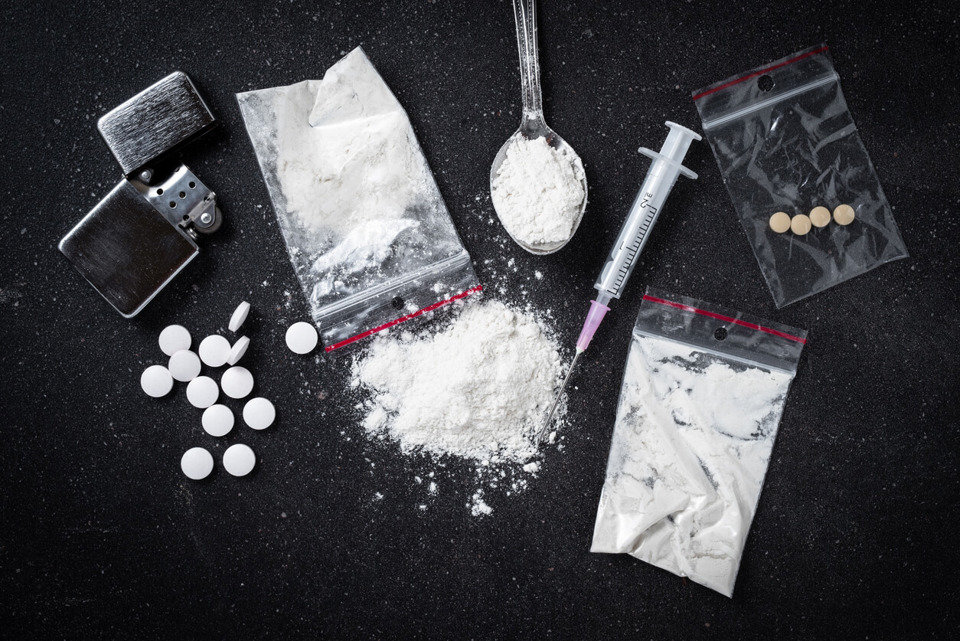



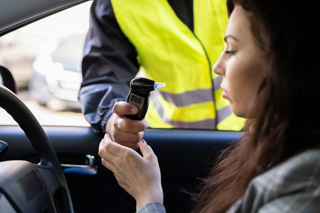
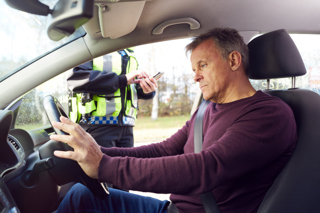
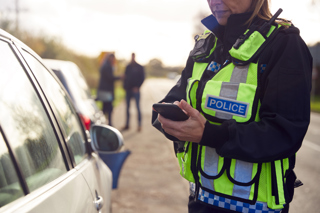
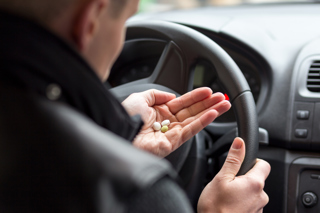













None your business - 09/07/2013 23:49
Enough is enough, we are all adults and I for one am sick of useless and often fallacious legislation, that appeases simpletons, benefits nobody yet costs everybody money. Anyone ever notice how newspapers/government/authority allways say things like ' crime x has gone up by x%' but never in the same topic would they mention how much the population has grown by, and things like 'more than half of all drivers in fatal accidents had drugs in their system' conveniently forgetting the 50% of drivers who never come close to having accidents yet use drugs daily, how many lawyers do you think smoke a spliff or two a day? I know plenty of lawyers btw. how long will it be before you can get a life sentence because you 'might' murder somebody?